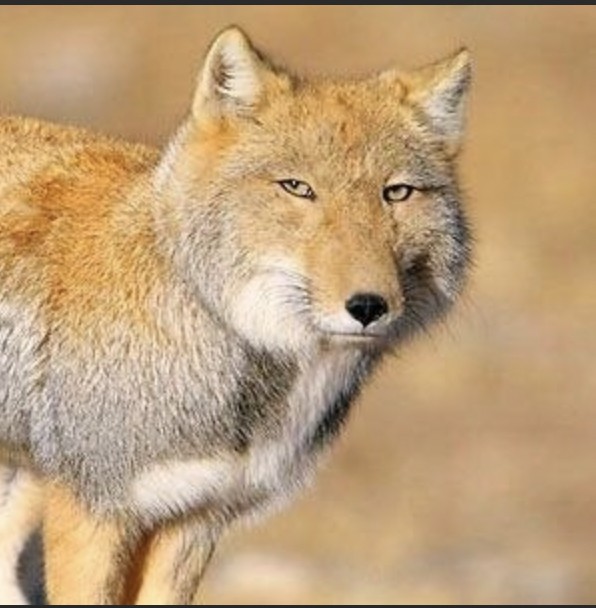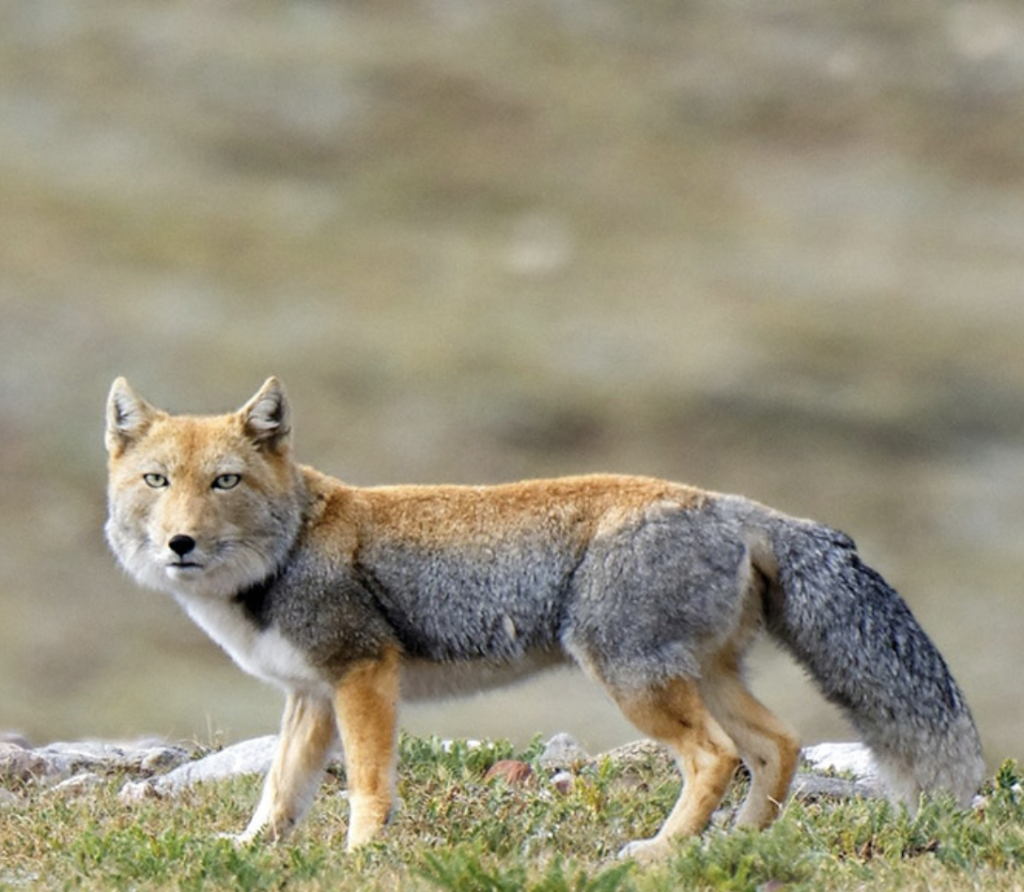Species in Peril:
Tibetan Fox

Cheetahs...This Big Cat's Got Game
Don't judge by looks
For a long time, fox got its reputation as clever or cunning. This reputation partially refers to their excellent hunting skills, but it’s also because of their sharp appearances which make them look smart.
However, there is one kind of fox, the Tibetan fox, who looks funny and clumsy with its square and large face. But if you think they are what they look like, you are absolutely deceived by these small animals.
Tibetan foxes are ferocious carnivores and good hunters like their relatives. It is their strong masseter and furry hair that make their appearance so unique.
Tibetan Fox, also known as sand fox, is some of the most distinctive members of the Vulpae family due to its unique appearance and habitat.
Life on the plateau
Tibetan foxes mainly live in high altitude areas, they are commonly found in Qinghai-Tibet Plateau. Unlike most mammals, tibetan foxes are monogamous and they won’t change their spouse unless one of them passes away. A typical Tibetan fox group usually includes one mated pair and their young children, but they don’t mind sharing their hunting grounds with foxes outside the group.
Living in plateaus is not easy, due to their small size, Tibetan foxes are difficult to resist attacks from large predators and raptors.
There are few trees on the plateau, in order to survive, they live in underground dens to hide themselves.
Threats do exist
At present, the Tibetan fox is not in danger of extinction, but it is still listed as a second-class national protected animal in China because of its ecological importance. As the main predator of plateau pika, if there are no Tibetan foxes, the local plateau pika would flood and destroy the grassland.
However, the concern of Tibetan foxes’ survival is rising with the dropping plateau pika population in recent years. Due to the government-sponsored pika poisoned programme and overgrazing, there is a possibility that the pika population would not just be controlled but even eliminated. Due to human disturbance, the balance of nature is on the edge now.
If Tibetan foxes lose their major food source, their survival status needs to be reassessed in the future.
A Few More Facts About Tibetan Foxes
- Tibetan foxes can cooperate with brown bears during hunting. The bears dig out the pikas and the foxes grab them when they escape.
- Tibetan foxes are not good diggers, but they can steal marmot burrows to live in.
- Tibetan foxes are willing to share their catches with families, a Tibetan fox family can eat up to 10 pikas per day.
- It is speculated that the Tibetan foxes’ flat faces are adapted to navigate through the heavy winds that often blow across the plateau.

Species Name
Vulpes Ferrilata
Estimated Population
Unknown
Conservation Status
Vulnerable
Range
Northern China, India, Tibet
Reasons for Population Decline
Habitat Loss
Livestock overgrazing
Hunting & trapping


